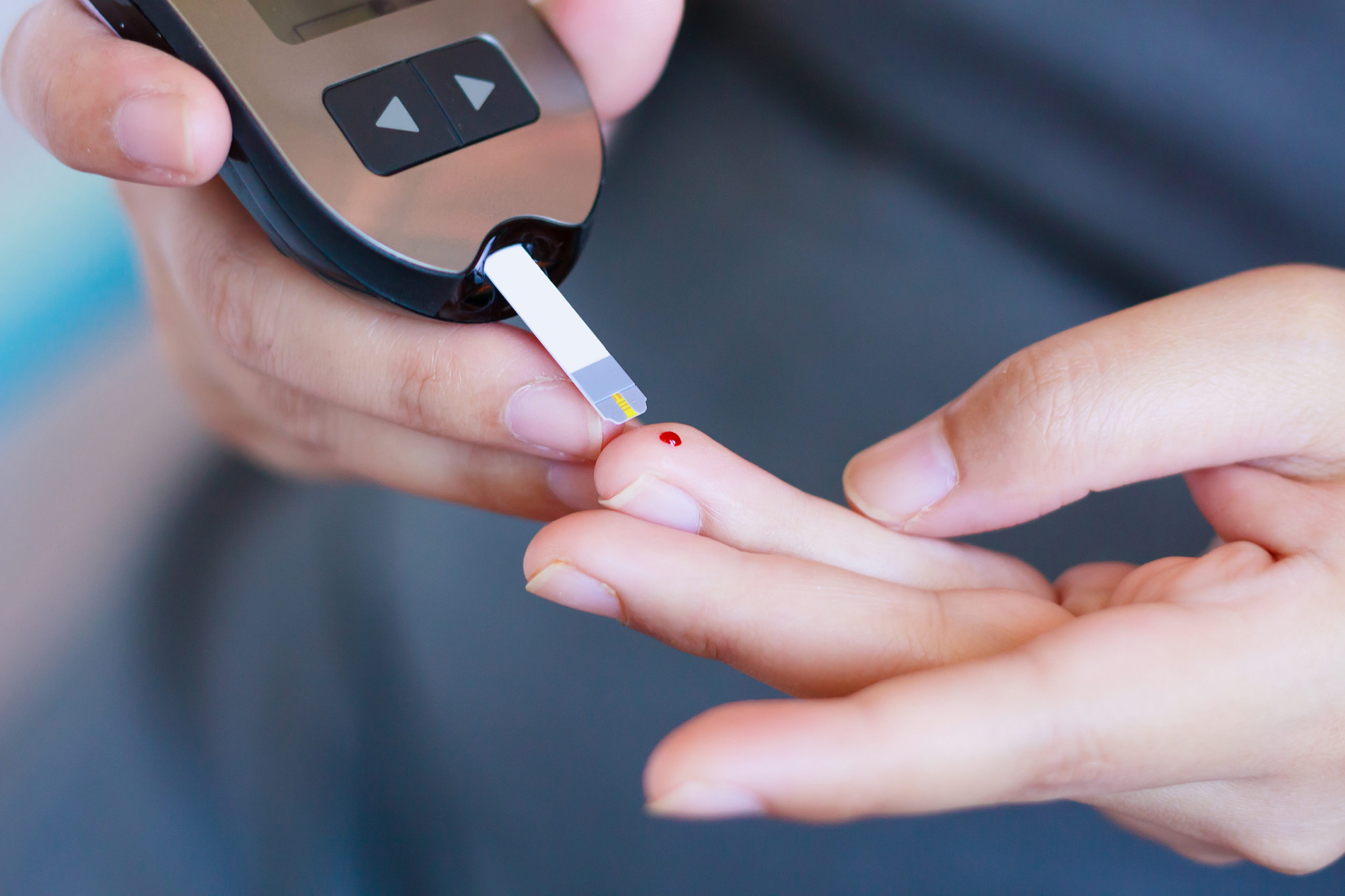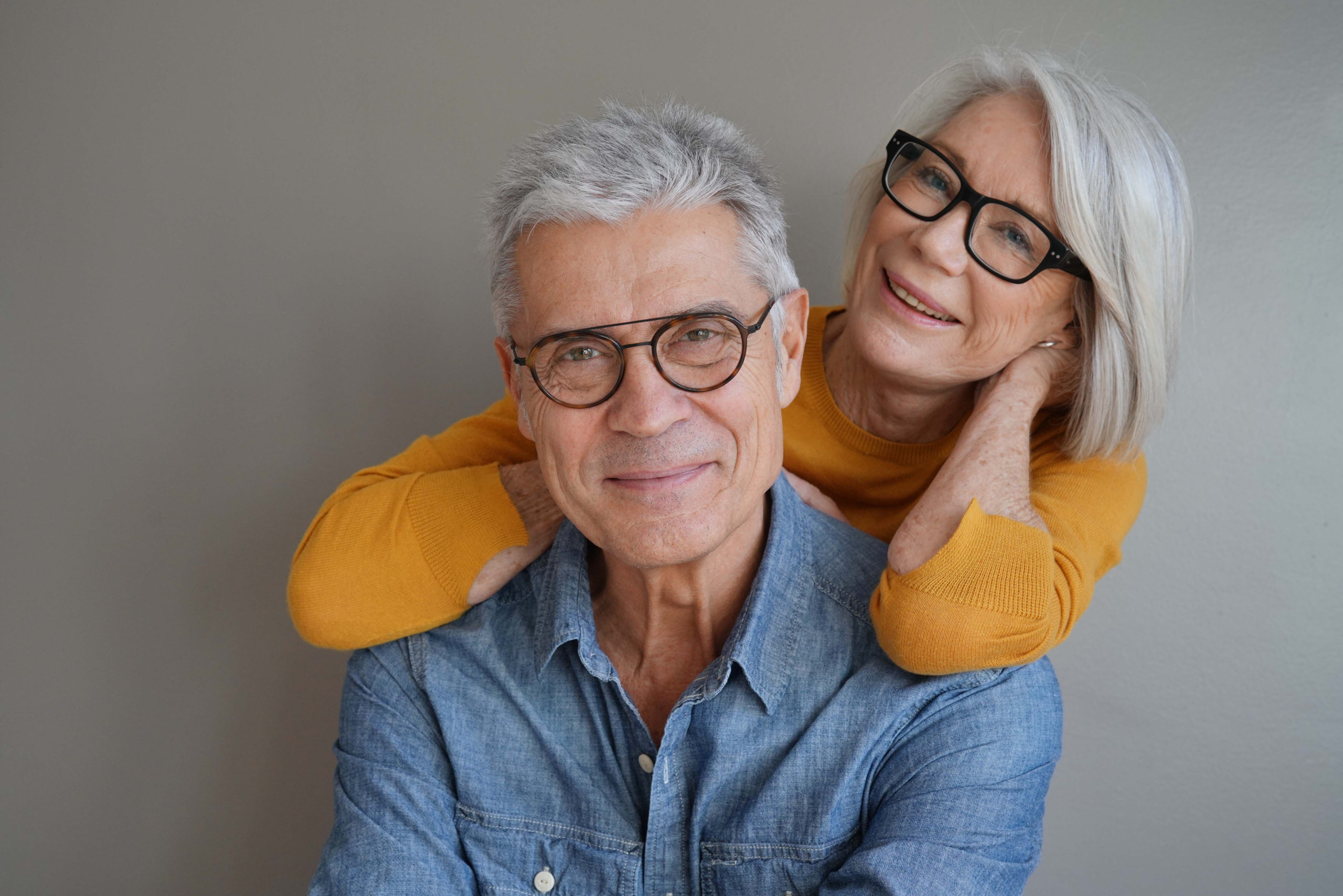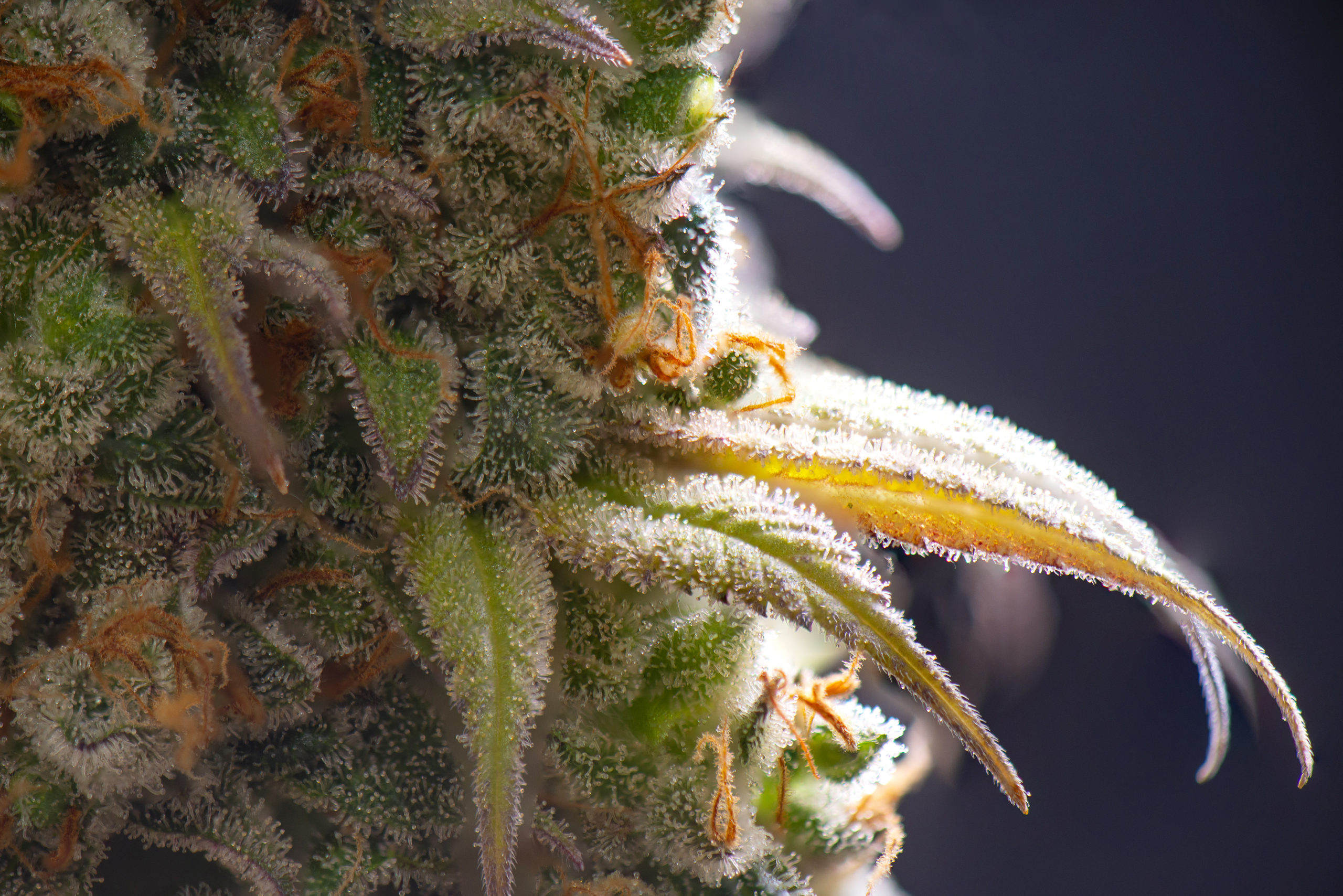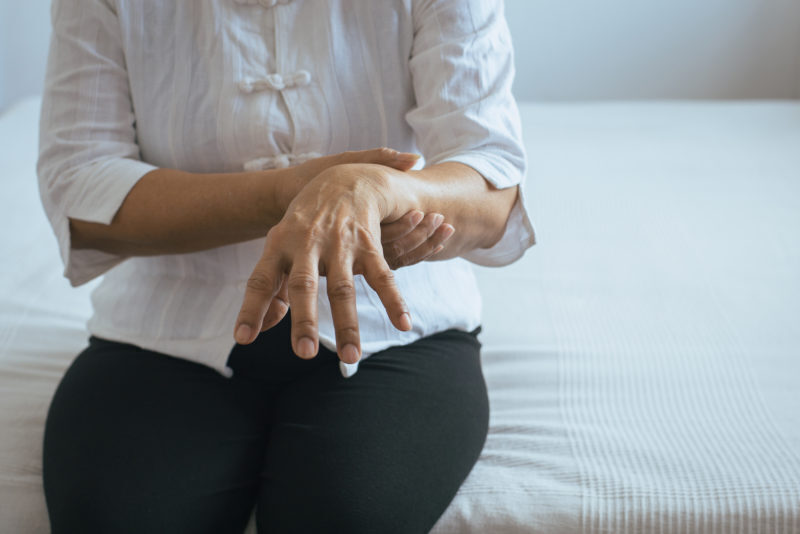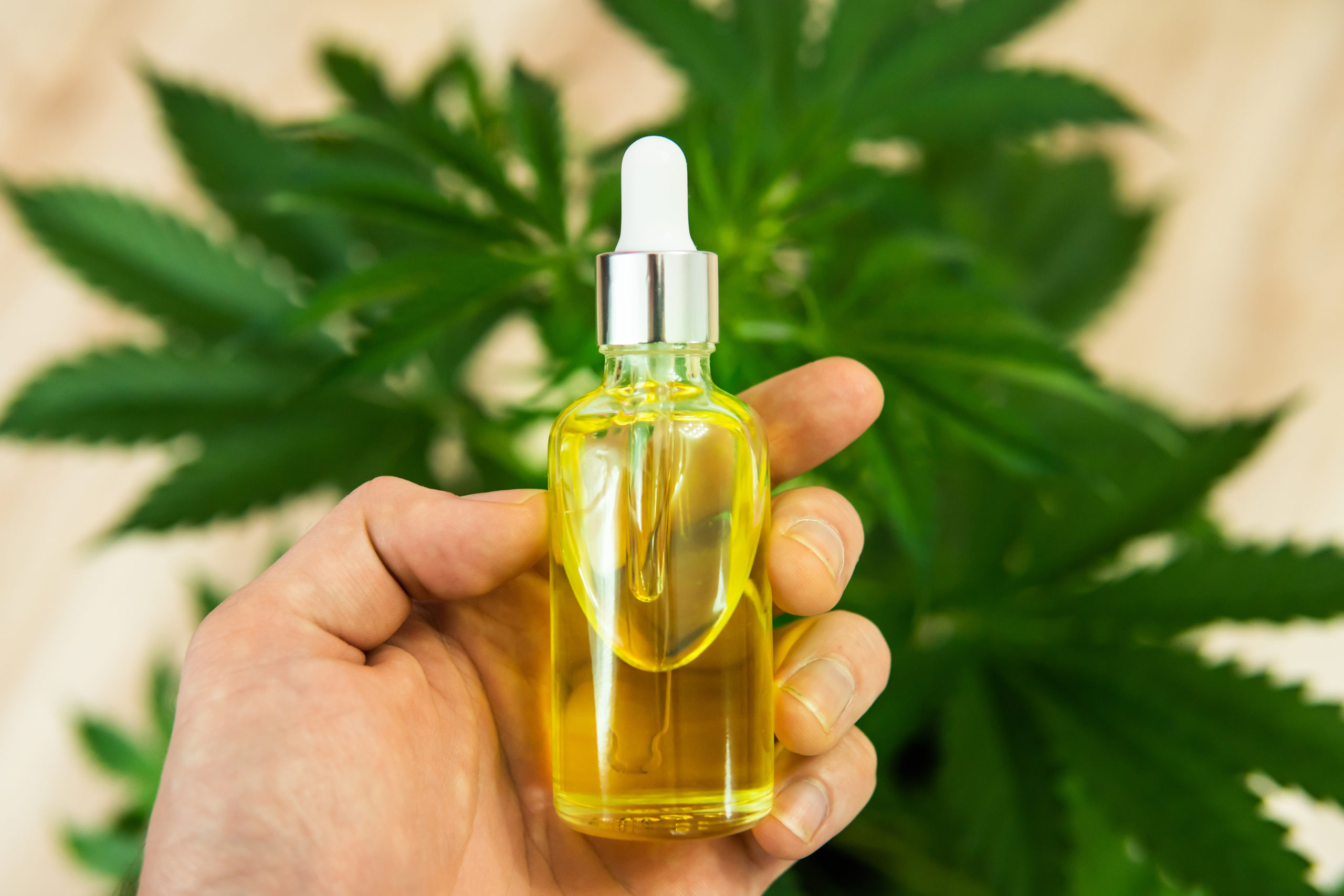-
- Market Research
- |
- CBD Near Me
- |
- Giveaways
- |
- Newsletter
- |
- Contact
- |
- Advertise
- |
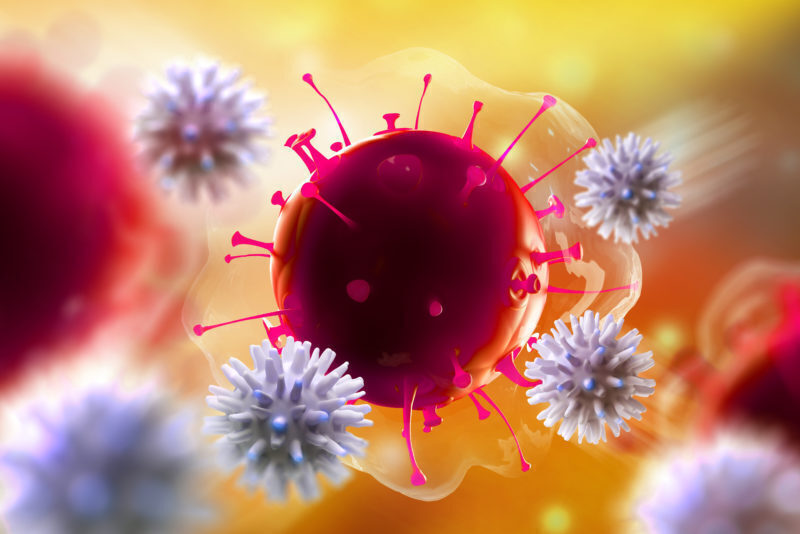
We live in tenuous times, times that have understandably got people wondering: could there be a natural way to boost your immune system?
The answer is a resounding yes—and there’s much more than one way. Various herbs, supplements, and activities may all strengthen the immune system. We’ll be honing in on one supplement, in particular, CBD, and what the research says about its pro-immunity effects.
The Immune System 101: What It Is, What It Does
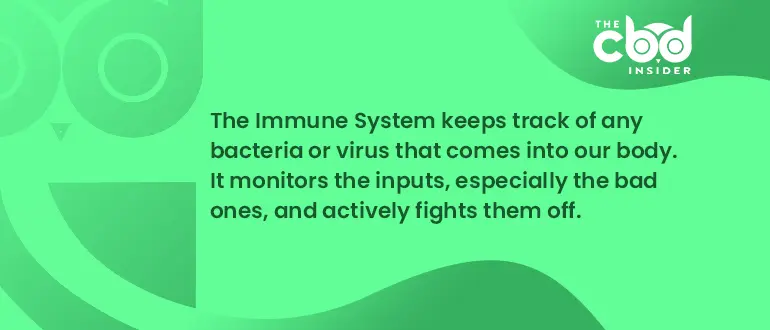
Before getting into what CBD does, we should cover what the immune system is. Put simply, it’s a system responsible for keeping track of any bacteria or virus that comes into our body. It monitors “inputs,” especially bad ones, and actively fights them off.
The immune system also keeps a close eye on malignant cells as they develop. You probably didn’t know that your body is producing cancerous cells right now—and thanks to your immune system, you don’t have to. “It’s recognizing and destroying little cancers as they develop all the time,” explains UK-based cancer researcher Tim Elliott.
Like any sound physiological system, the immune system is very complex. It’s comprised of specialized cells located throughout the skin, bloodstream, bone marrow, lymph nodes, spleen, and oromucosal (mouth/cheek) tissues. And there’s probably one facet of the immune system you’re pretty familiar with: white blood cells. These are the cells that target pathogens and those would-be cancers we mentioned earlier.
Immunity vs. COVID-19
If the immune system is so great, you might ask, then why does it sometimes respond so poorly to COVID-19?
Good question.
The partial answer is simple: COVID-19 is a novel virus; since it’s never been around before, nobody’s immune system has had any time to adjust to it. Immunity against established viruses, on the other hand, can be built-in to the innate immune system over time.
But there’s more to the full explanation than that.
Part of what makes COVID-19 so deadly is its ability to trigger a type of immune overreaction known as a cytokine storm. This happens when one’s body overreacts, gets inflamed, and then overreacts to that inflammation; it’s a vicious cycle. “It seems that once this process starts, there’s this inability to properly switch it off,” rheumatologist Maximilian Konig tells Science Daily.
One thing we know about CBD, however, is that it may quiet down an overactive immune system. This is well-observed in those with autoimmune disorders like rheumatoid arthritis.
Does that mean CBD can help one’s body respond appropriately to the novel coronavirus? We simply don’t know for sure—at least not yet.
CBD and Immune Health
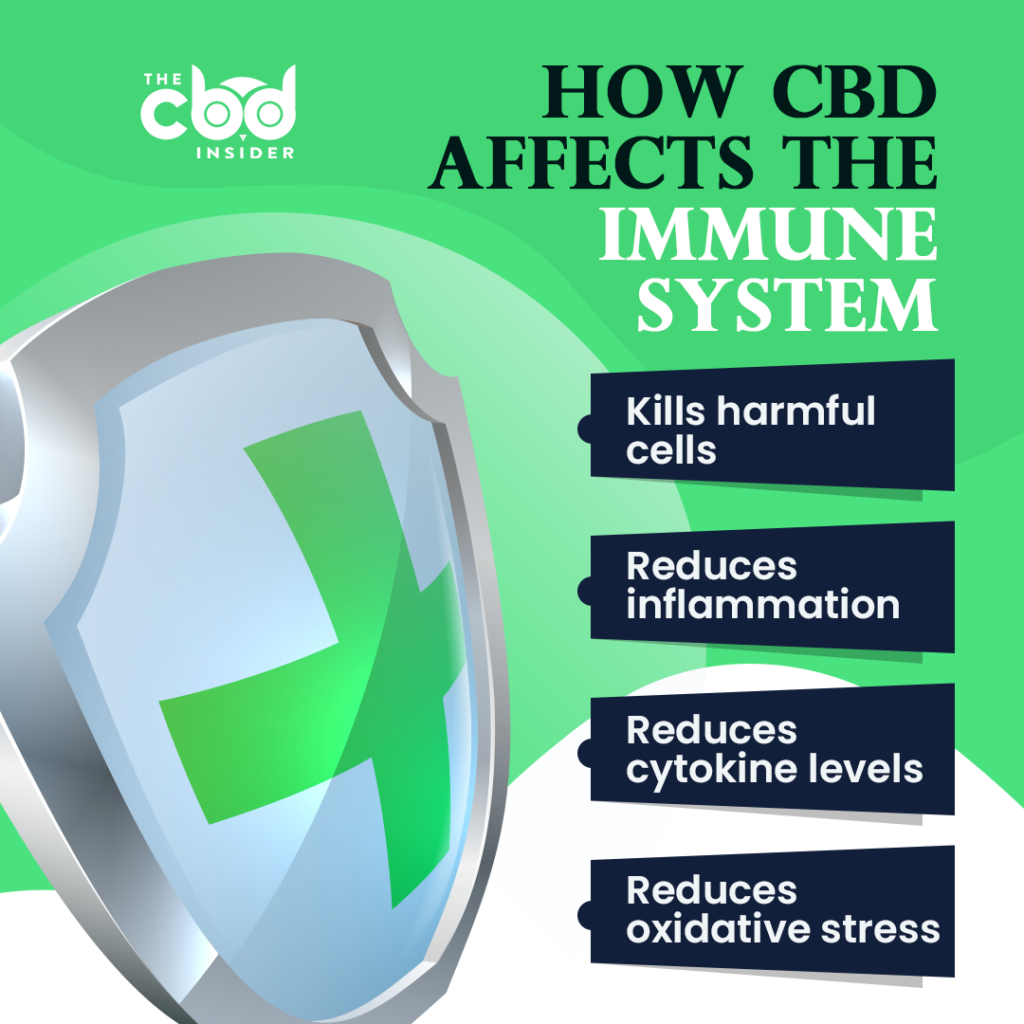
But that shouldn’t stop us from addressing the possibilities, because there’s also a lot we do know about CBD.
For one, it may help specialized immune cells called B cells stay alert to new demands. B cells quench pathogens and antigens by releasing special antibodies; they’re basically the immune system’s firefighters. Researchers consider B cells an essential part of the “adaptive” immune system—the part that fights off invaders in the short term.
B cells are a specialized type of immune cell that helps the body adapt to challenges by secreting potent antibodies. B cells and their antibodies bind to invading antigens and essentially deactivate them. True to their function, B cells are considered part of the “adaptive immune system” that fights off invaders.
So, how might CBD help?
A study from the University of South Carolina School of Medicine found that the endocannabinoid system (ECS) and the immune system communicate to optimize B cell function. In theory, anything that strengthens the ECS may also strengthen B cells.
CBD may also improve lung function, at least in some cases. “Cannabidiol improves lung function and inflammation in mice submitted to LPS-induced acute lung injury,” states the title of this study from the Neuroimmunomodulation Research Group. Granted, the research was conducted on mice with a specific lung injury—though it still highlighted CBD’s inflammation-fighting effects when such relief is needed.
“CBD administered therapeutically, i.e., during an ongoing inflammatory process, has a potent anti-inflammatory effect and also improves the lung function,” study authors concluded. “Therefore the present and previous data suggest that in the future cannabidiol might become a useful therapeutic tool for the attenuation and treatment of inflammatory lung diseases.”
And a very recent CBD study from Mississippi State University’s Department of Basic Sciences earlier this year highlighted more essential concepts. According to the researchers, CBD may:
- Reduce cytokine levels
- Activate apoptosis (i.e., death) of harmful cells
- Reduce oxidative stress (i.e., act as an antioxidant)
- Reduce the inflammation associated with some immune activity
Though this all sounds promising, the study’s authors still stressed that more research is required and spoke to the need for “increasing our understanding of CBD’s effects.”
CBD may also calm down overactive immune action. “Endocannabinoids such as 2-AG are critical regulators of immune response,” reported this study from the University of South Carolina School of Medicine. Interestingly enough, “exogenous 2-AG treatment decreases T- and B-cell-dependent immune response in hypersensitivity and autoimmunity models.”
Translation: boosting endocannabinoid levels seems to regulate the immune system. Can you guess what boosts these endocannabinoids best? Phytocannabinoids.
And this includes more than just CBD. A close relative called CBG “proved to be marvelous at tackling pathogenic bacteria,” according to a recent Canadian study out of McMaster University. Its researchers were so impressed that they’re now studying how cannabinoids might be used as natural antibiotics.
What the Experts Say
“More people will be saved by the manipulation of the Endocannabinoid system than are currently saved by surgery.”
Retired cardiac surgeon Dr. David Allen is well-known throughout the world of cannabis and hemp for the above quote, but that’s far from the only intellectual gem he’s contributed to his sphere of influence.
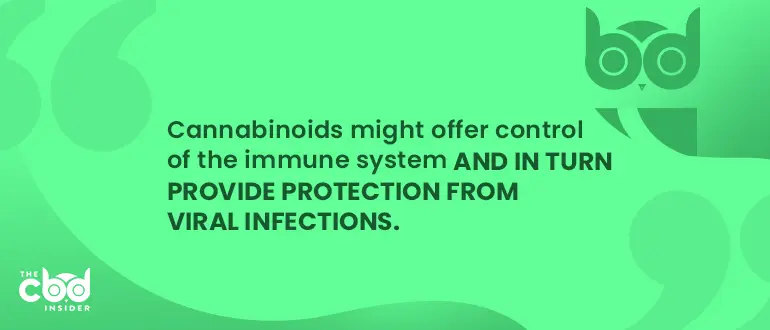
In a fascinating article about CBD’s potential ability to fight ebola, he cites “good scientific evidence” that cannabinoids might “offer control of the immune system and in turn provide protection from viral infections.”
If this seems far off, don’t be concerned. The US government appears to agree based on a patent of theirs: “The method and [CBD] compound are useful for treating diseases of the immune system, such as HIV disease,” it states. If CBD could have this effect on HIV, might it do something similar against COVID-19? The two diseases share a similar protein structure, after all.
Researchers in some parts of the world seem to have a similar question. Clinical studies designed to gauge CBD’s effect on the coronavirus are already underway at the Rabin Medical Center in Israel. “We estimate that our CBD-based treatment can enhance the current treatment of those patients who are in life-threatening conditions,” says the founder of a biotech company involved in the study. Why are they so hopeful? Once again, because of CBD’s potential ability to reduce the severity of cytokine storms.
Meanwhile, Canadian researchers are looking at another side of CBD’s antiviral effects. “We identified 13 high CBD C. Sativa extracts that modulate ACE2 gene expression and ACE2 protein levels,” reported lead researcher Dr. Igor Kovalchuk, meaning “it’s possible that medical cannabis products could become a safe adjunct therapy for the treatment of COVID-19.”
What We Don’t Know (Yet)
While all the above info is certainly good news, we should reiterate—there’s not yet any clinical evidence that CBD can treat the coronavirus. Nor should anything we’ve shared here be considered medical advice.
And in the absence of hard evidence, perhaps the best approach is a simple one: take your daily CBD, get some sunshine, and don’t forget to exercise.


